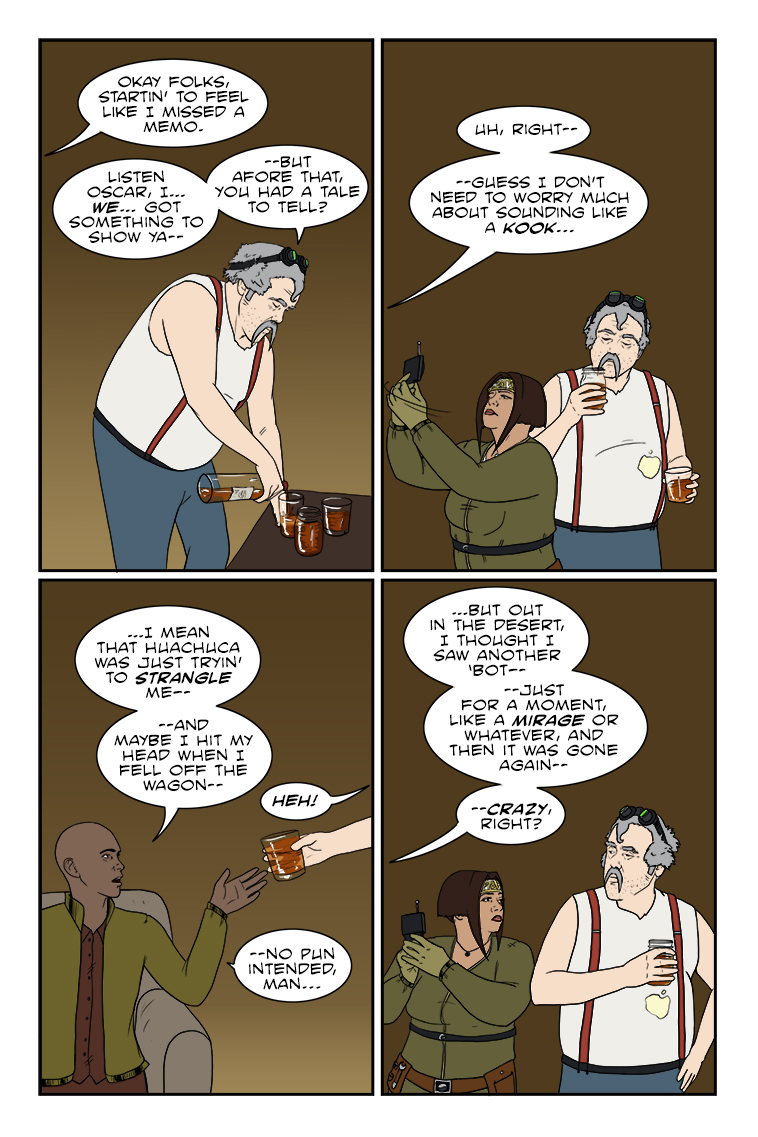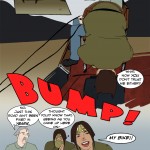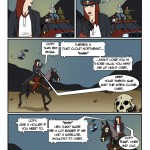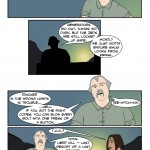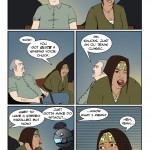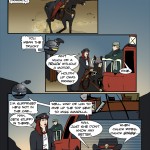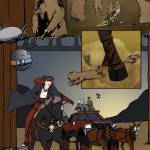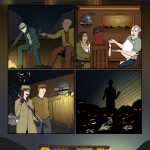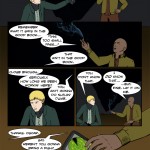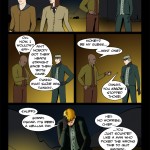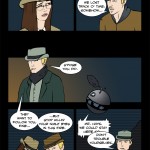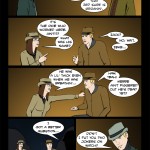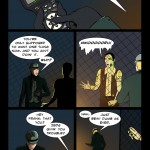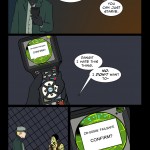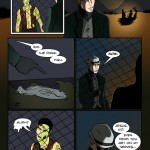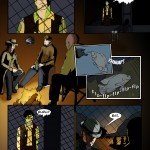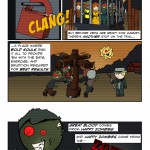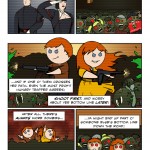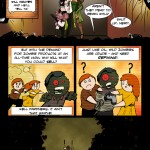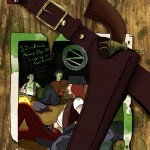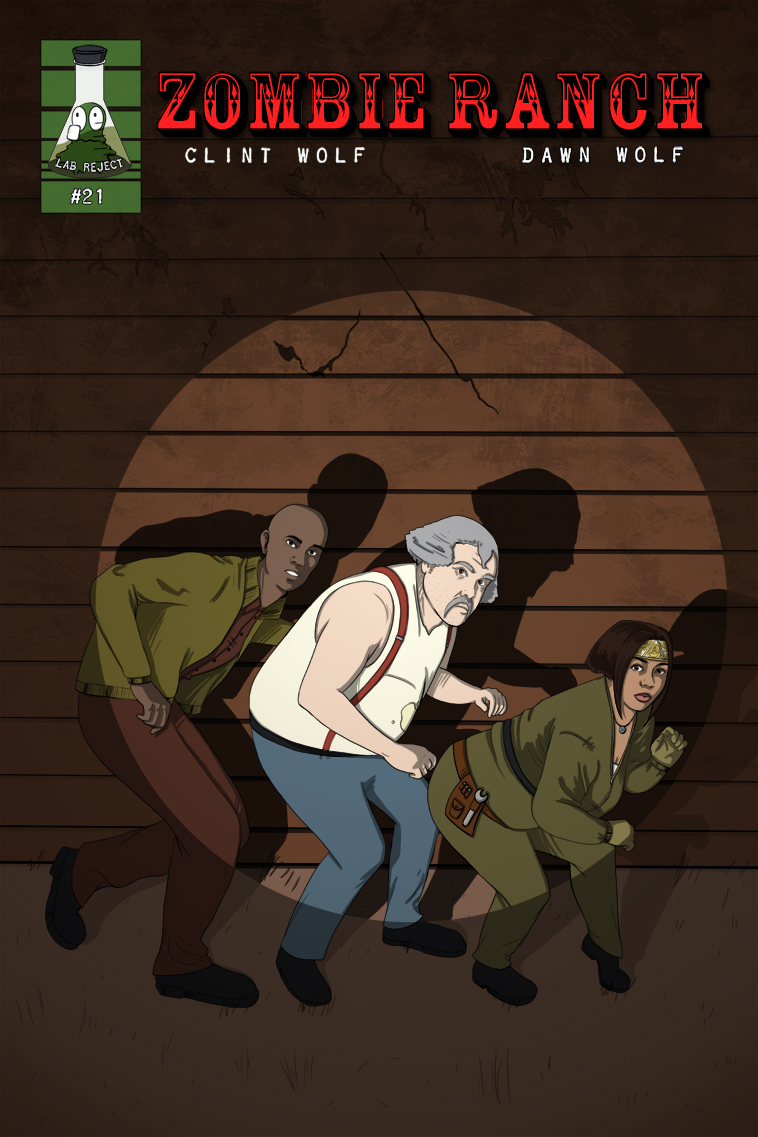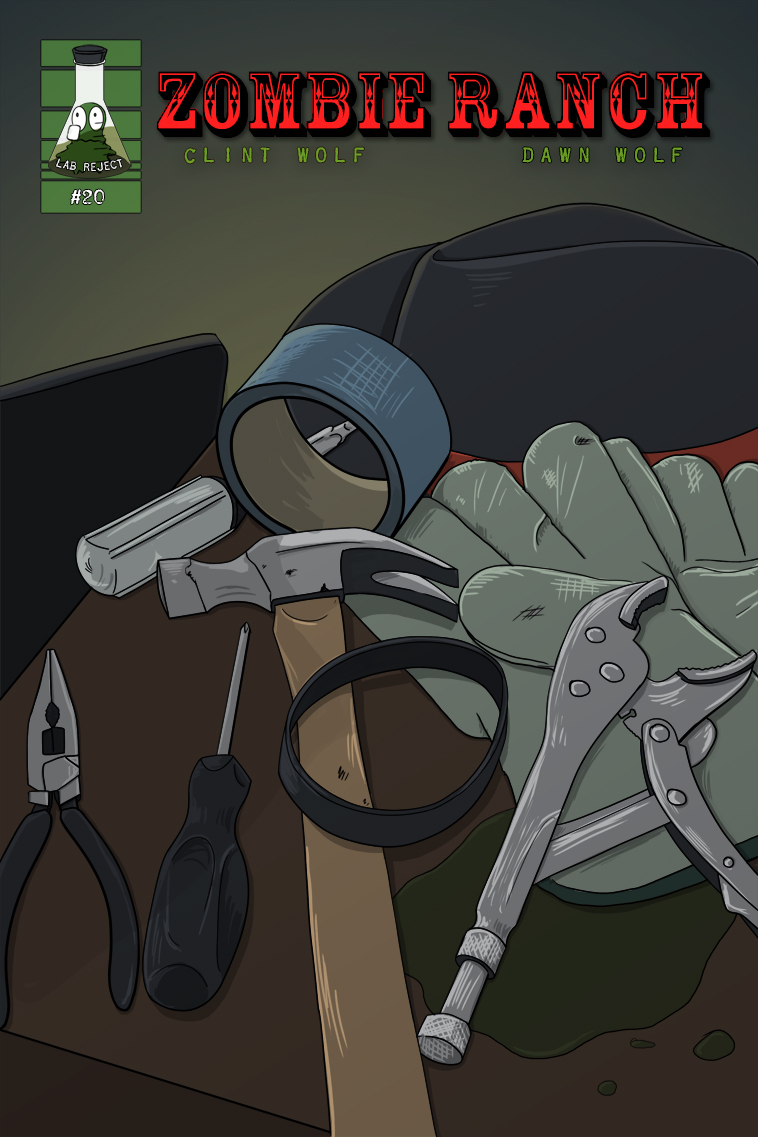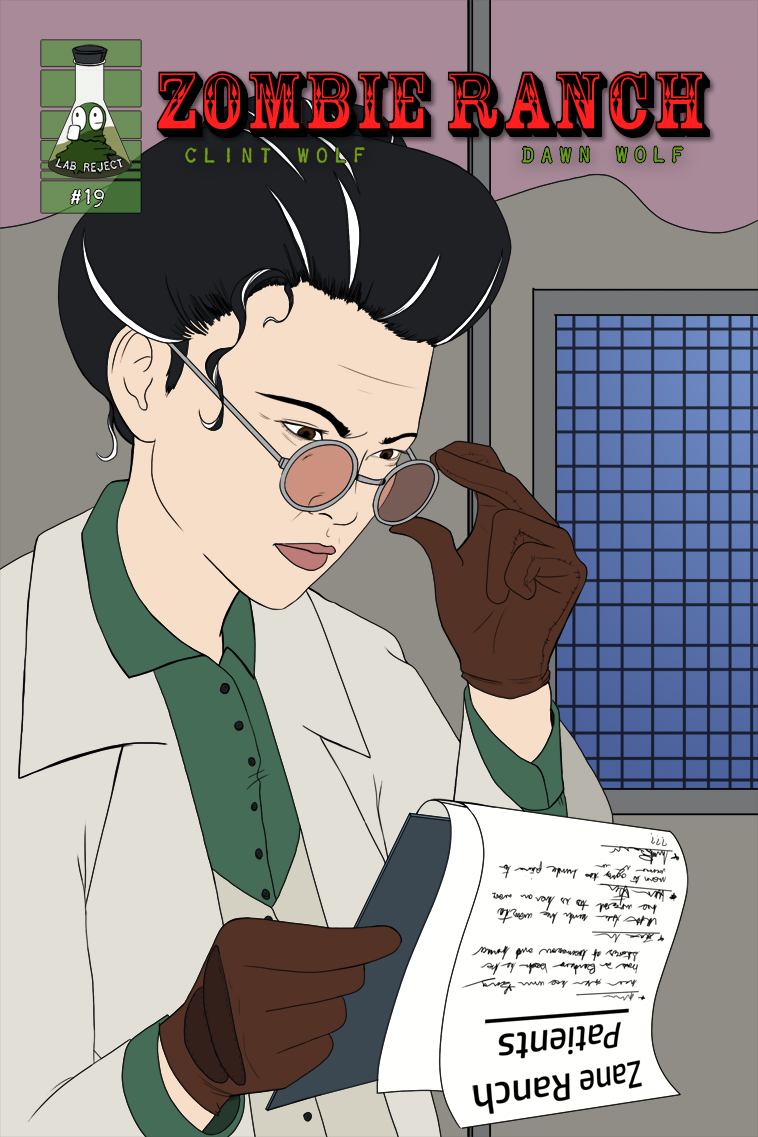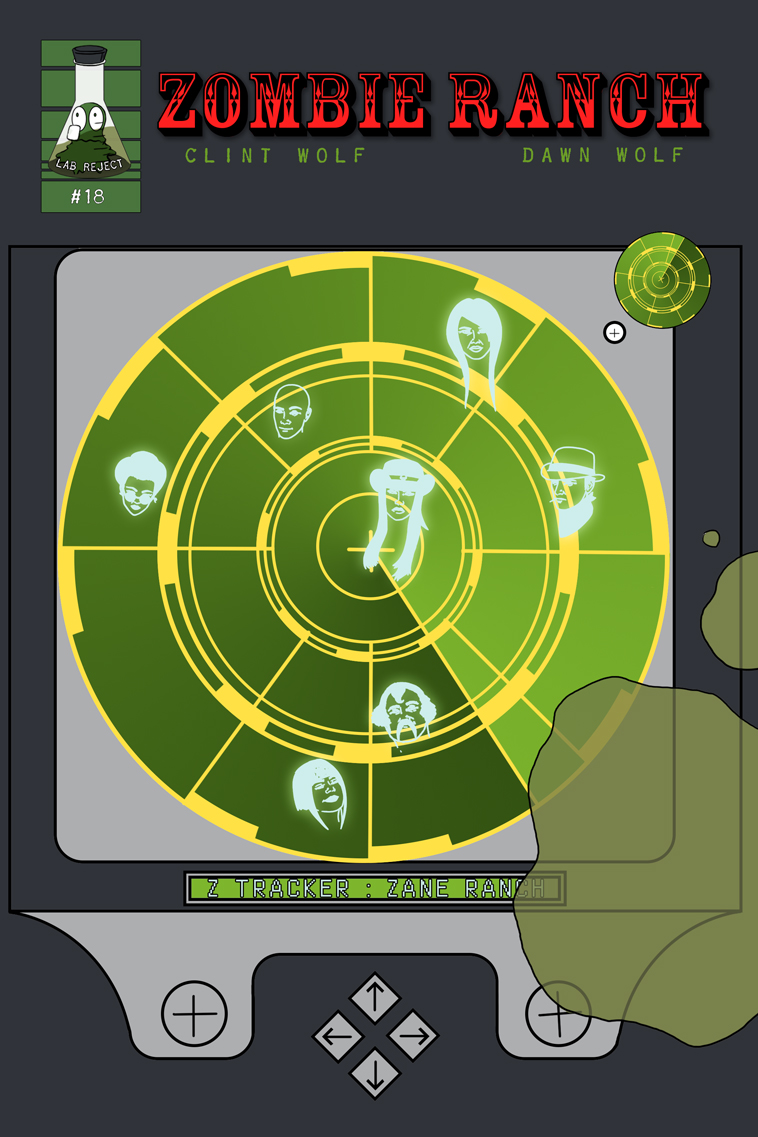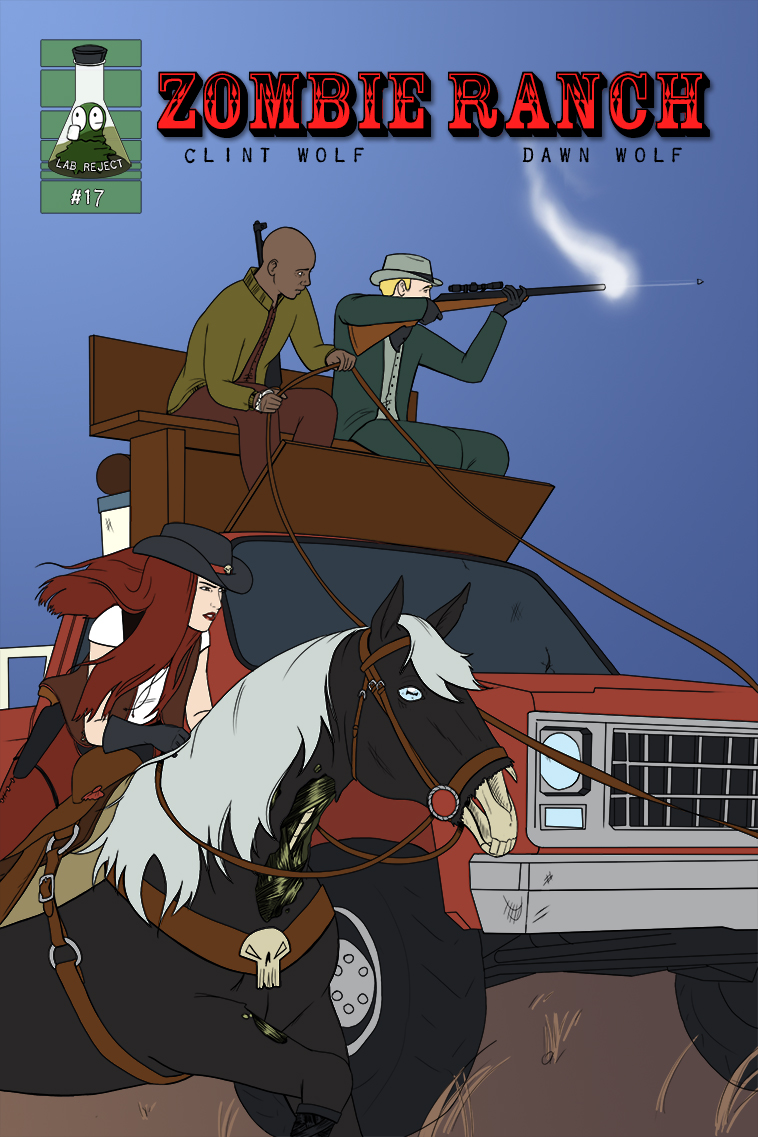Fiction writers must drive the FBI nuts. I’m thinking about the research I did just for this current sequence of pages. Guns. Pipe bombs. Ways to sabotage heavy equipment. As I sat there on one lunch break at work, casually browsing an online manual of ecoterrorism, it occurred to me that this sort of thing must look very suspicious out of context.
And it’s almost certainly being tracked. If not by government agencies, there are the algorithms used by targeted maketing campaigns snooping around your Amazon and E-bay purchase histories. For example, earlier this year we made the decision to splurge on a few reference models so that Dawn would have an easier time drawing certain things—by which I mean, guns. Not actual guns, which would have been rather expensive, harder to acquire, and need a lot more care in handling, but I roamed around the ‘Net for a few weeks to find deals on a few cheap-but-decent-looking Airsoft and toy replicas.
You never realize how hard it is to find stock photography of a certain pose or angle until you start trying to locate it when your suffering artist asks for a bone thrown her way. It has been so nice to have something available where we can just take our own pictures and work from that, but the side effect was I had Google ads following me around for weeks after I ceased the buying splurge, offering all manner of Airsoft deals. Of course, anyone looking over my shoulder from a discreet distance would just see guns. Guns guns guns. Not so bad at home, but a tad embarrassing at the day job. I just had to try my best not to look twitchy to my co-workers.
Perhaps this is just the writer’s equivalent to the concern expressed in Dawn’s
favorite comic from Awkward Zombie. I’m sure I’m far from the worst one out there; can you imagine the sort of searches being performed by a murder mystery author? “concealing taste of poison”, “hiding dead bodies”, “quick kills with blunt trauma”, etc. etc.
Or how about authors dealing with speculative fiction involving terrorist acts? “bio-warfare best practices” or “bombing Buckingham Palace” must be a tad awkward to have in your browser history. Not quite kiddie porn awkward, but I’m sure even that dark underbelly gets delved for research purposes. Has anyone ever been hauled into court over such things and had to explain, “I’m writing a book!”?
I’m guessing not (at least in non-police states) unless they were already arrested or under investigation for something else. In modern times this has gone way beyond who’s checking out what books from a library, this is an infinite shelf with infinite access, and I highly doubt even the combined government agencies of the world have the manpower to follow up every time someone does a search for “reliable methods of kidnapping minors”. And this is a good thing, because if I ever wanted to write about such a topic I would likely be searching for details with terms like that. This is, after all, something where I would most definitely hope I was breaking the rule of “write what you know”. As I would hope would be true of any writer dealing with rape, murder, cannibalism, or sundry other nasty, nasty topics. So we research.
Writers (hacks excepted) want to do our homework. We want to have a certain sense of accuracy. This is even odder to consider when I think about who exactly we’re worried will be calling us out for inaccuracies. “Pshaw! That’s not how you keep cheerleaders alive in your basement!” … that seems like the sort of fan interaction we’d be gingerly placing into the trash (or trash folder).
There’s some things where personal experience just shouldn’t be required. If that means a few odd stares at my choice of reading material? Well, so be it. A crazy I am, lest a crazy I become.
